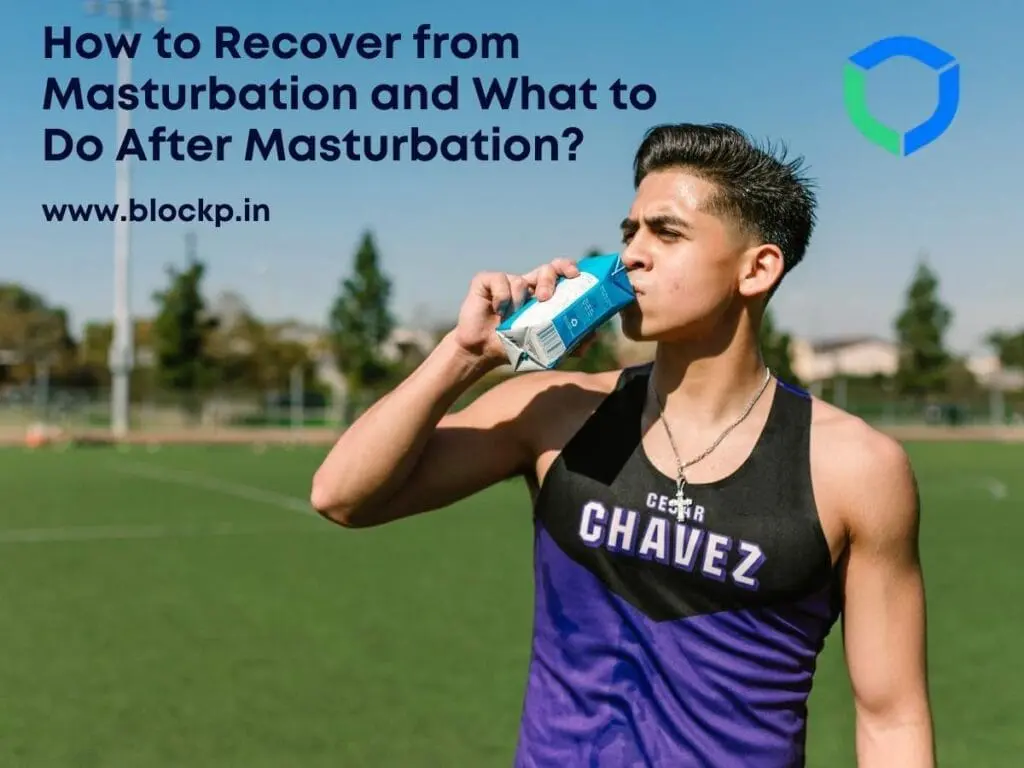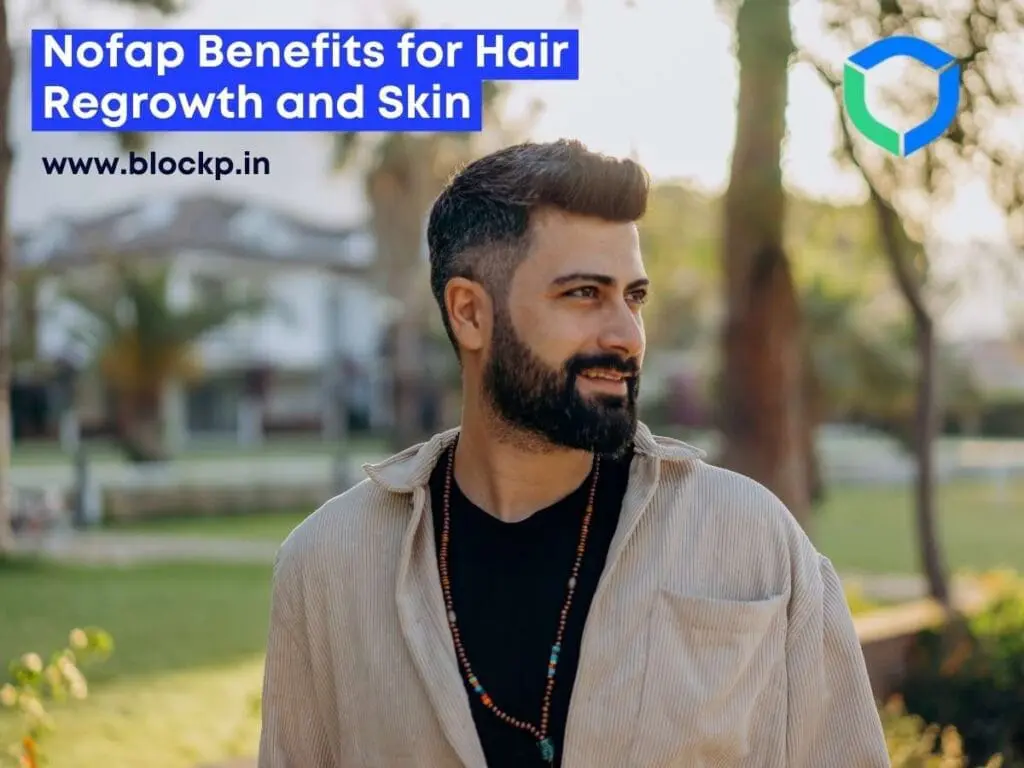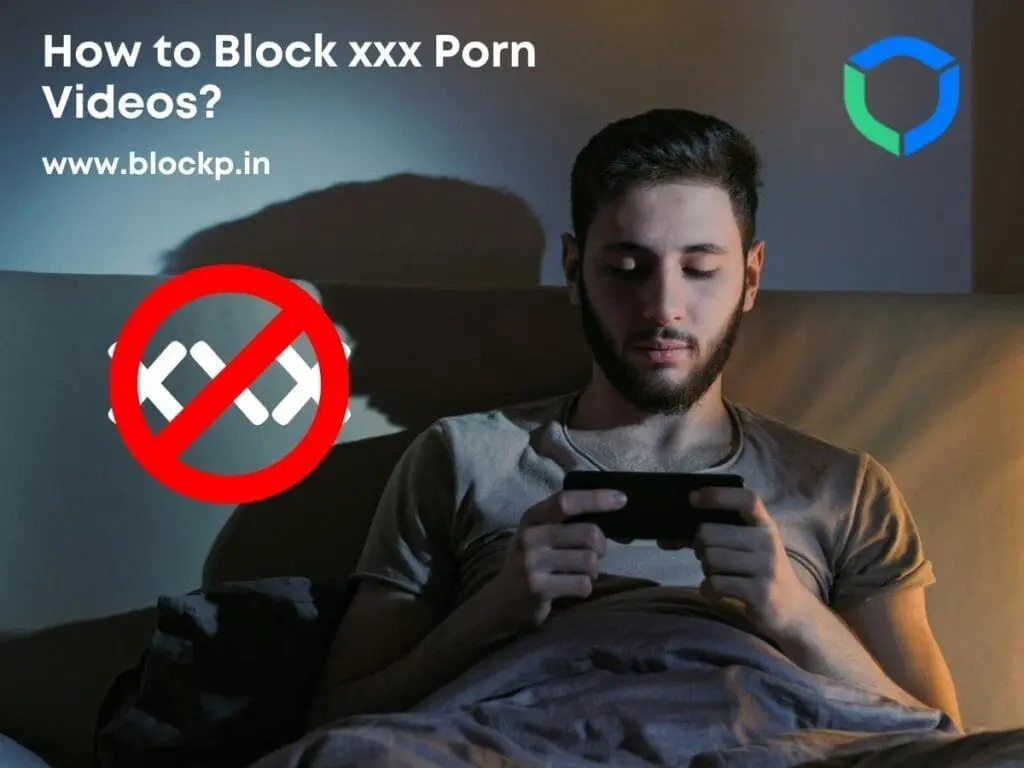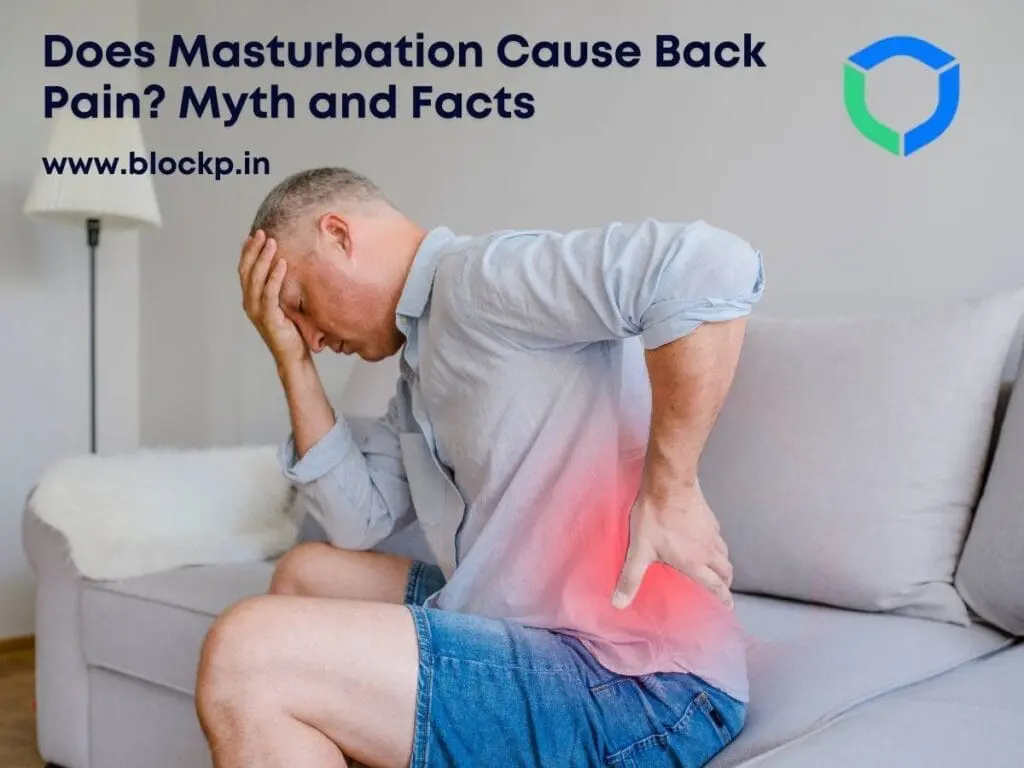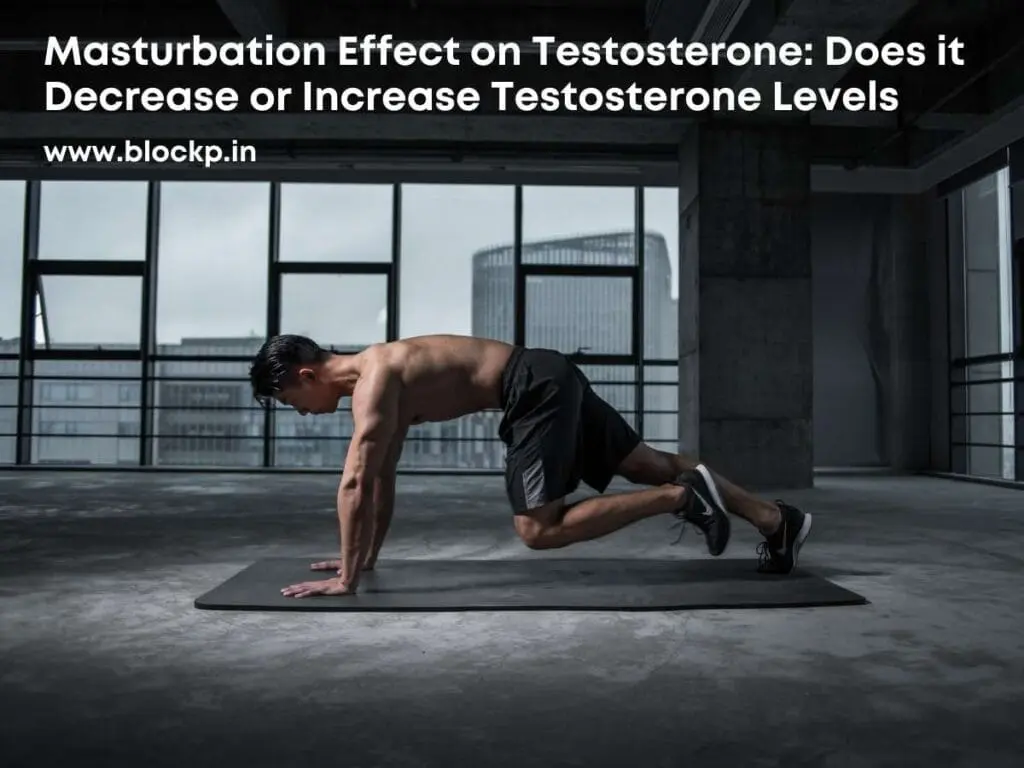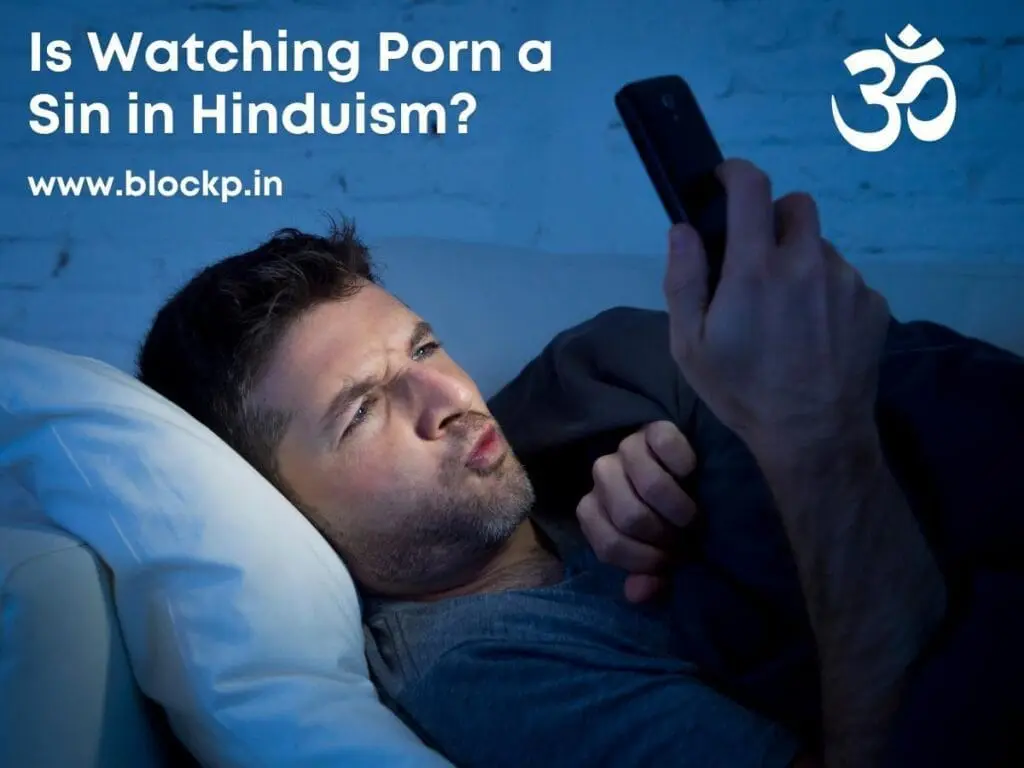How to Recover from Masturbation and What to Do After Masturbation?
Masturbation is part of healthy sexual activity for a lot of people. It is an equally compulsive habit for a lot of people, too. Like all addictive habits, excessive masturbation can deplete your physical and mental resources. Knowing how to recover from masturbation and what to do after masturbation is important for maintaining your stamina and health. Excessive masturbation and its aftermath can interfere with your life – work, hobbies, and personal relationships. So, if you do not understand how to recover from weakness after hand practice, it can disrupt your life. What Happens After Masturbation? Immediately after masturbation, the man’s body goes through a refractory period where the man can not get aroused again. The length of this refractory period varies depending on the individual. Younger men might recover in only a few minutes, whereas for older men, the refractory period will last for twelve to twenty-four hours. After masturbation, there is a small period of fatigue, but it passes quickly. If the masturbation session is excessively rough, then it might cause temporary irritation and discomfort. These symptoms, too, will pass within twenty-four to forty-eight hours. A major side effect of masturbation is the psychological one. As there are many taboos associated with masturbation, one might feel shame and guilt. Compulsive masturbation can intensify these negative feelings. How To Recover From Masturbation And How Much Time Will It Take? To recover from masturbation, you should give yourself adequate rest. Support your body with proper nutrition, hydration, and sleep. Usually, it takes only a few minutes to recover from masturbation, and you can resume your normal activity. Side Effects of Masturbation There are no medical studies that confirm the side effects of masturbation. However, excessive and compulsive masturbation is similar to an addiction. It will affect your body and mind, similar to a substance addiction. The major side effects of masturbation are impairment of sexual function. Excessive masturbation can cause issues such as premature ejaculation, erectile dysfunction, poor libido and sexual sensitivity. If you masturbate too frequently or vigorously, it might cause a slight swelling of the penis known as edema, which will usually resolve on its own. Physically, masturbation results in the loss of trace minerals and nutrients. But, this is not significant enough to affect your health in the long term as you can easily replenish them. However, if you neglect your nutrition, the exertion of masturbation might cause fatigue. The guilt and shame of masturbation can also result in mental health issues like anxiety, stress, and depression. 9 Steps To Recover From Masturbation Masturbation is a part of healthy sexuality. But, if you develop a compulsive masturbation habit, it can negatively affect your physical, emotional, and mental health. If you do not support your body with proper nutrition and lifestyle habits, it can not recover from masturbation. But, if you make simple changes to your nutrition and add healthy habits, you can not only learn how to recover from masturbation but also develop the mental strength to quit excessive masturbation. Here are the 9 steps to recover from masturbation – 1. Sleep Sleep deprivation is linked to erectile dysfunction. Moreover, it is natural to feel fatigued after excessive masturbation. In order to help your body rest and recover, you should get at least 7 to 8 hours of sleep every night. Quality sleep can help you combat the fatigue and lethargy of masturbation. 2. Vitamin B7 Research has shown that Vitamin B7 or Biotin is beneficial for normal psychological and sexual function. Biotin is associated with improved sperm count, sperm motility, and testosterone production. Vitamin B7 also helps to protect your thyroid against adrenal fatigue. So you should add carrots, bananas, avocados, nuts, milk, and salmon to your diet to get the benefits of Biotin to recover from masturbation. 3. Vitamin B3 Preliminary research indicates that Niacin or Vitamin B3 could improve moderate to severe erectile dysfunction. This vitamin is also beneficial for blood circulation. You can get niacin from foods such as beef liver, turkey, chicken, salmon, peanuts, lentils, and sunflower seeds. 4. Vitamin C Eating Vitamin C-rich foods may help to improve your sexual function by improving blood flow and circulation. Vitamin C might also help to reduce stress levels and increase tantric acid levels. For getting vitamin C benefits you should eat citrus fruits, kiwi, cantaloupe, and broccoli. 5. Zinc-rich foods Research has shown that Zinc is an essential mineral that promotes sexual function. It can help to combat the low libido and sexual desire you might experience as a result of excessive masturbation. Add zinc-rich food such as oysters, shellfish, legumes, seeds, nuts, cheese, milk, eggs, and dark chocolate to your diet. 6. Copper-rich food Copper is another essential mineral that boosts blood flow and blood circulation. So, it is crucial for restoring sexual function after excessive masturbation. Organ meats ( kidney, liver, brain, and heart) are rich sources of copper. Sunflower seeds and sesame seeds are good vegetarian sources of copper. 7. Multivitamin supplements Our food can not always meet our nutrient needs. So, we need to support our health by taking multivitamin supplements. These supplements will help your body recover from the nutrient loss of excessive masturbation. Multivitamin supplements can also support sexual function, improve hair growth, and boost energy levels. 8. Hydrate Proper hydration is crucial for maintaining blood circulation, energy levels, and overall stamina. So, poor hydration might interfere with sexual function. Hydration is also crucial for recovery from the fatigue of excessive masturbation. Drinking enough water will help to improve blood circulation and your overall health. 9. Meditation Stress and anxiety is a major trigger for compulsive masturbation. Many people confess that they masturbate or watch porn to relax their mind from the pressures of daily routine. Stress can also affect your sexual function. Meditation can help in reducing feelings of stress and anxiety. Regular meditation practice will help you with emotional regulation and build your resistance to the temptation of masturbation. Home Remedies to Treat Masturbation

